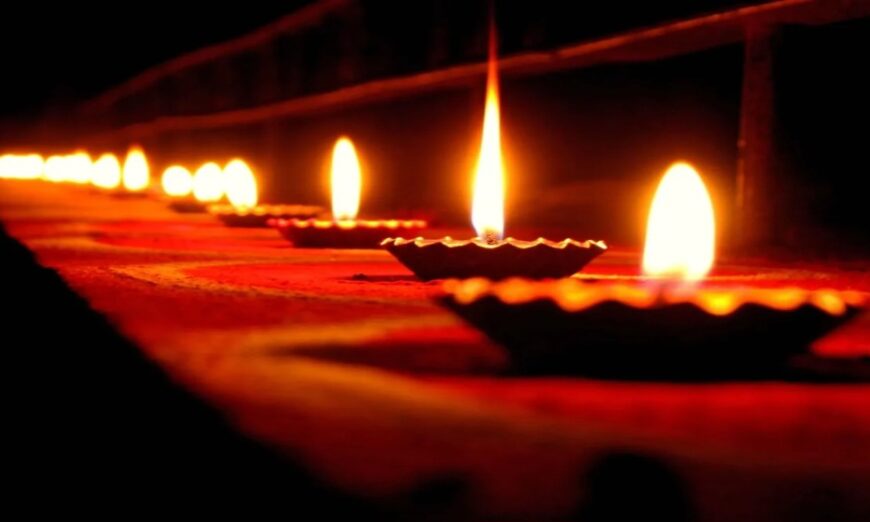By, Mike Baruah. Our USA Corredpondent.
California has officially recognised the Diwali festival as a state holiday. It has now become the third state in the United States of America, after Pennsylvania and Connecticut, which declare Diwali as a state holiday.
Governor of California Gavin Newsom signed the bill introduced by Assembly member Ash Kalra, granting paid time off to state employees and allowing schools to observe the festival.
Community leaders hailed the move as a milestone that honours the contributions of Indian Americans to the state’s economy, government, and society.
California will officially recognise Diwali as a state holiday after governor Gavin Newsom signed a new bill on October 6, joined by celebrations among Indian American communities and recognition from legislators. The law allows public schools and community colleges to close on Diwali and lets state employees take paid time off for the festival.
The new Diwali law in California is the result of bipartisan backing and grassroots advocacy. The bill was co‑sponsored by Assemblymembers Darshana Patel and Ash Kalra, and supported by advocacy groups such as the Coalition of Hindus of North America. Under AB 268, schools and colleges may choose to close for Diwali, and state employees can elect to observe it with paid time off.
Ash Kalra, who chairs the Assembly Judiciary Committee, took to social media to celebrate Newsom’s approval of the Diwali bill, along with several others he had authored.
Highlighting the progress made, Kalra noted that nine of his bills – four of which came from the Judiciary Committee – had been signed into law within a span of a few days.
California has officially declared Diwali a state holiday, making it the third US state to do so after Pennsylvania and Connecticut. Governor Gavin Newsom signed the bill into law on Tuesday, with the holiday set to take effect on January 1, 2026.
The law allows public schools and community colleges to close for Diwali. State employees can choose to take the day off, and public school students will receive an excused absence to celebrate.
Co-authored by Assembly members Ash Kalra of San Jose and Darshana Patel of San Diego, the bill reflects growing recognition of California’s large South Asian population.
According to a 2025 Pew survey, nearly one million Indian Americans live in California, accounting for 20 percent of the nation’s total Indian population.
“To have South Asian children be able to celebrate and share it with others proudly is a significant moment,” said Kalra.
While Diwali is primarily a Hindu festival, the law also acknowledges its importance for Sikhs, Jains, and Buddhists. Advocacy organisations, including the Hindu American Foundation, the Coalition of Hindus in North America, and the Sikh Coalition, played a key role in ensuring the legislation’s inclusive language.
Samir Kalra, managing director of the Hindu American Foundation, said, “The provisions that allow students to take the day off without repercussion and state employees to take paid leave are important leaps toward making Diwali truly accessible to those who celebrate.”
Puneet Kaur Sandhu, a senior state policy manager for the Sikh Coalition in Sacramento, highlighted the collaborative effort with Ash Kalra to make sure the bill covered celebrants from multiple religions. “It’s so meaningful that all of us in the community can take this day to celebrate,” she said.
Rohit Shendrikar, board chair for the South Asian Network in Southern California, described the law as a recognition of the South Asian community’s contributions to the state. “I think about my parents’ immigrant experience when they moved here in the 1960s.
I celebrate Diwali together at home with my parents and my children, who will now have the opportunity to share their traditions and customs with friends. It helps build a bond between Californians,” he said.
Diwali falls on October 20 this year. The festival, whose name derives from the word Deepavali meaning “a row of lights,” is celebrated with rows of lamps symbolising the victory of light over darkness and knowledge over ignorance. Communities across California will mark the holiday with festive gatherings, fireworks displays, feasts, and prayer.

